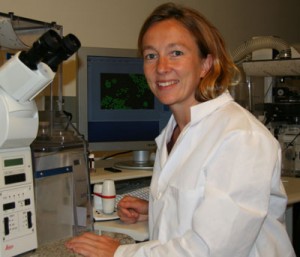
Title: Yeast CAF-1 assembles histone (H3-H4) 2 tetramers prior to DNA deposition
What Caught Our Attention: Informative retraction notices can be infrequent, but rarer still are notices that fulfill an oft-ignored function: To be a source of learning for others in the field. Here, the authors offer a nearly 800-word “detailed description of the issues” with “some observations that may be useful for investigators conducting similar studies.” These authors embraced the retraction process, carefully explaining their findings or the lack thereof, for each figure from their now-retracted paper. Continue reading Caught Our Notice: A retraction that is “useful for investigators”
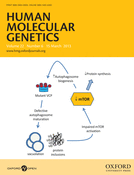
 A journal has retracted
A journal has retracted 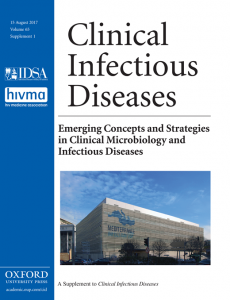 Post-publication peer review isn’t just for scientists. Newspaper reporters can help correct the scientific record, too.
Post-publication peer review isn’t just for scientists. Newspaper reporters can help correct the scientific record, too. 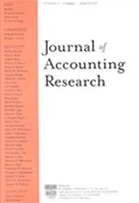 Different journals follow different editorial policies — but we’ve never seen any charge money to authors who want to appeal an editorial decision. Until now.
Different journals follow different editorial policies — but we’ve never seen any charge money to authors who want to appeal an editorial decision. Until now.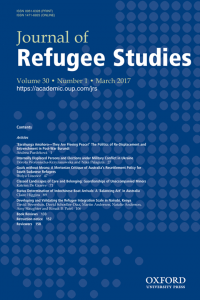

 A plastic surgery journal has retracted a paper after a researcher claimed it contained three figures without his permission.
A plastic surgery journal has retracted a paper after a researcher claimed it contained three figures without his permission.